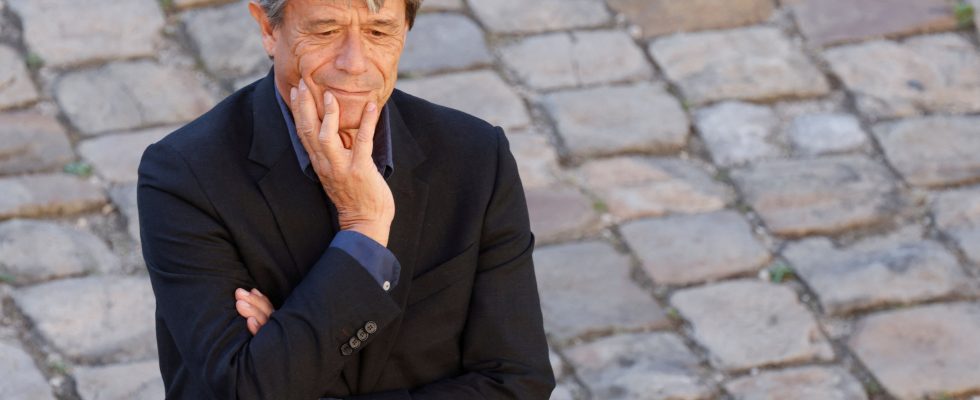At the end of a Great Bookstore which was dedicated to him on December 13 on France 5, Emmanuel Carrère concluded the program, facing the camera, by reading with a serious air a text on the present and future state of the world. The writer distinguishes two ways of looking at the situation: the “relatively optimistic” and the “radically pessimistic”. “Relative optimists”, relying on History, trust in humanity to overcome perils. The “radical pessimists”, with whom he sides, consider that the extent of the current chaos is unprecedented and that the period we are experiencing is the prelude to the end of humanity. Carrère lists the reasons for this pessimism: the irreversible climate disaster, the migration crisis linked to global warming, artificial intelligence (AI) “which is descending on us and will probably devour us”, and the end of democracy. He concludes that, faced with these unresolved dramas, he “battens down the hatches” and refocuses his writing on his childhood and his parents.
You can be a great writer and an unequaled intellectual. Not everyone is Lamartine, Sandor Marai or Mario Vargas Llosa. The problem is when, within society, the romantic message à la Carrère spreads more quickly than the rationalist message à la Aron. Now here we are, catastrophism, assimilated to wisdom, more established than ever. However, it is exaggerated, if not unjustified.
On the climate issue, nothing is lost
Of course, global warming is a gigantic challenge. However, never in the history of humanity has a problem mobilized so many human and financial resources to tackle it. Carbon emissions experienced an exponential trajectory between 1850 and mid-2015. Since then, they have slowed down. Of course, the global peak of emissions has not yet been reached, but most countries are committed to carbon neutrality. Emissions are falling rapidly in the European Union and the United States. So-called “non-localized” emissions – from international transport – also seem to have reached a ceiling at the global level. On the other hand, they continue to increase in China, India and Africa. But the president of the IPCC himself, Jim Skea, recalls that there remains a 1 in 3 chance of not exceeding 1.5°C of temperature rise compared to the pre-industrial era by the end of the century. So all is not lost, far from it. Especially since science is also progressing to accelerate adaptation to warming, in particular through better management of our water resources.
The migratory waves that Emmanuel Carrère speaks of have already begun. According to the United Nations, more than 20 million people have already been “displaced” each year since 2008, due to hurricanes, storms, rising seas and desertification, mainly in Africa, Asia and Latin America. We can, of course, see this as a catastrophe but also as a formidable challenge which requires the construction of a multilateral legal framework to manage these migrations, like the Geneva Conventions.
Artificial intelligence, a help and not an enemy
As for artificial intelligence, it does not “fall” on us, nor does it “devour” us. The rapid development of generative artificial intelligence, like ChatGPT, raises many questions: fight against fake news, intellectual property of artists, changes in work… But the extermination of the human species by Open AI, the parent company of ChatGPT, is not one of them. Even if AI quickly becomes “general”, that is to say efficient in all fields, from cooking to drafting contracts via medicine and the repair of our household appliances, it will not be conscious of itself and will remain a help rather than an enemy. It is a tool in our hands.
Finally, it is true that democracies face real difficulties, particularly in the face of Islamism which wants to destroy them. But this is also true of dictatorships. This is evidenced by China’s economic difficulties, Turkish hyperinflation and even, whatever one may say, the geopolitical situation of Russia, which invaded Ukraine to “keep the West away” and found itself, in less than two years, with Finland integrated into NATO and its hated neighbor an official candidate for the European Union. Better than “relative optimism” or “radical pessimism”, let us choose “lucid action”.
.
